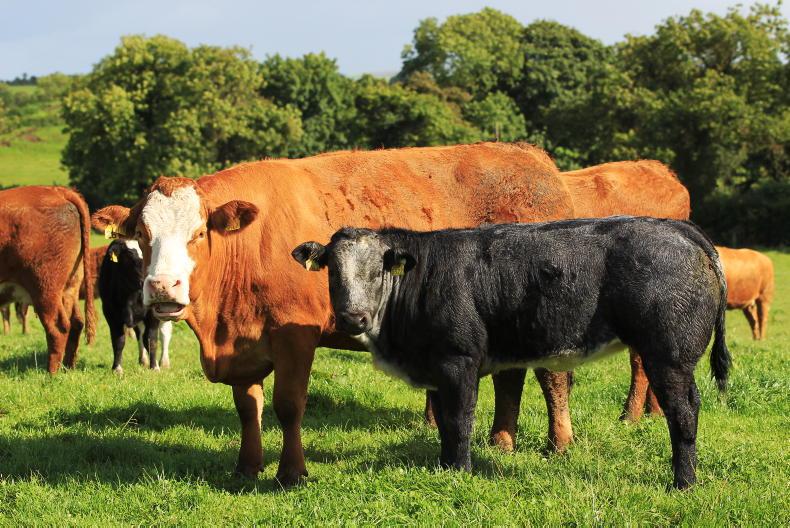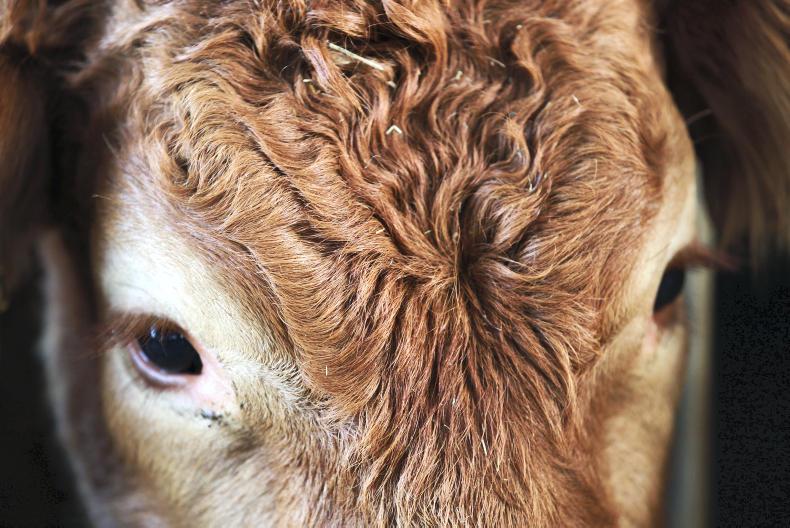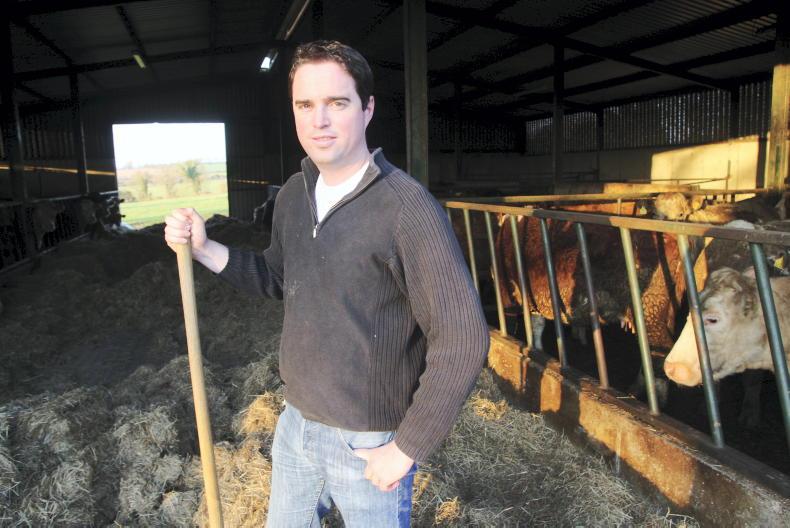Farmers who currently do not meet the organic nitrogen reduction condition of the Beef Exceptional Aid Measure (BEAM) risk losing as much as €40m in payments, the Irish Farmers Journal understands.
As reported in last week’s Irish Farmers Journal, some 14,072 BEAM participants are currently meeting the 5% requirement, with a further 967 farmers reporting a reduction of between 4% and 5%.
The remaining farmers, 19,373 of them, have until 30 June 2021 to meet the scheme requirements and there is concern that some farmers will have to pay back money due to misssing targets.
The €40m at risk represents more than half of the €77.72m paid out to 33,445 farmers under the measure.
Some farmers have already voluntarily decided to opt out of the scheme, with the Department of Agriculture confirming that 80 farmers have made contact about repaying the BEAM money they received. Of those, 65 have already paid the Department back. They will no longer have to reduce their nitrates output.
Force majeure
Where farmers cannot meet the terms, in exceptional circumstances, some may meet the force majeure criteria.
“Force majeure requests are dealt with on a case by case basis, but in general there is a precedent in other schemes for situations relating to TB restrictions to qualify as force majeure,” a Department spokesperson told the Irish Farmers Journal.
Calls to scrap terms
The ICSA has already called for the nitrates reduction term within BEAM to be scrapped.
ICSA beef chair Edmund Graham said marts have cancelled sales and farmers face weeks, if not months, of disruption to trading.
“When you add difficulties around trading to the fact that farmers don’t have accurate nitrates figures at this point of the BEAM process, the 5% target is completely unworkable,” he said.
Letters issued by the Department of Agriculture outlining a rolling 12-month nitrates figure have not provided clarity to farmers on how much they need to reduce their herd.
“While it gives some idea to stable suckler herds, it does not enable finishing herds that trade a lot of cattle to make any firm decisions. It is unacceptable that many BEAM participants cannot be sure whether they will be penalised,” said Graham.
“The payment was meant to reflect the extreme hardship suffered by farmers due to Brexit factors beyond their control. Penalties of up to 100% of the payment undo all the good and undermine the initial logic to support beef farmers.”
The ICSA man also warned about the potential of further huge market disruption in the spring, warning that traditional spring buyers may be unable to do so.









SHARING OPTIONS